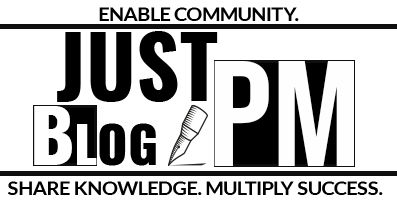The Procurement Statement of Work (SOW) is a foundational document in the procurement process, serving as a clear and comprehensive description of the work to be performed by the seller. It’s a bridge between the buyer’s needs and the seller’s offerings, ensuring both parties mutually understand the project’s requirements.
Key Components of the SOW:
- Introduction & Purpose:
- Provides context and sets the tone for the entire document.
- Outlines the objectives and goals of the procurement action.
- Scope of Work:
- Describes in detail the work to be performed, products to be delivered, or services to be rendered.
- Should be specific enough to eliminate ambiguities.
- Tasks & Deliverables:
- Lists specific tasks or activities the seller is expected to perform.
- Defines milestones and delivery schedules.
- Personnel & Skills:
- Specifies the type and level of skills required from the seller’s personnel.
- May include qualifications, certifications, or experience levels.
- Materials & Equipment:
- Details any materials or equipment to be provided by either the buyer or the seller.
- Responsibilities:
- Clearly delineates the responsibilities of both the buyer and the seller.
- Helps in avoiding overlaps or gaps in responsibilities.
- Contacts & Communication:
- Identifies key contacts from both parties.
- Outlines communication protocols and frequency.
- Time Schedule:
- Provides an estimated timeline for the project.
- Highlights key milestones and deadlines.
- Acceptance Criteria:
- Defines the standards or benchmarks the deliverables must meet for acceptance.
- Ensures clarity on quality and performance expectations.
- Evaluation & Performance Metrics:
- Outlines how the seller’s performance will be evaluated.
- Specifies any key performance indicators (KPIs) or metrics.
- Change Management:
- Describes the process for handling changes or modifications to the SOW.
- Helps in managing scope creep and ensures clarity in case of alterations.
- Dispute Resolution:
- Outlines the process for resolving any disagreements or conflicts during the project.
Importance of a Clear SOW:
A well-crafted SOW is crucial for several reasons:
- Risk Mitigation: It reduces the risk of misunderstandings or misinterpretations.
- Budget Control: It helps in accurate cost estimation and prevents unexpected expenses.
- Efficiency: A clear SOW streamlines the procurement process, ensuring tasks are carried out systematically.
- Accountability: It holds both parties accountable to their responsibilities and deliverables.
Conclusion:
The Procurement Statement of Work is more than just a list of tasks; it’s a roadmap for the entire procurement process. By ensuring clarity, specificity, and mutual understanding, the SOW lays the foundation for a successful buyer-seller relationship and project execution.


